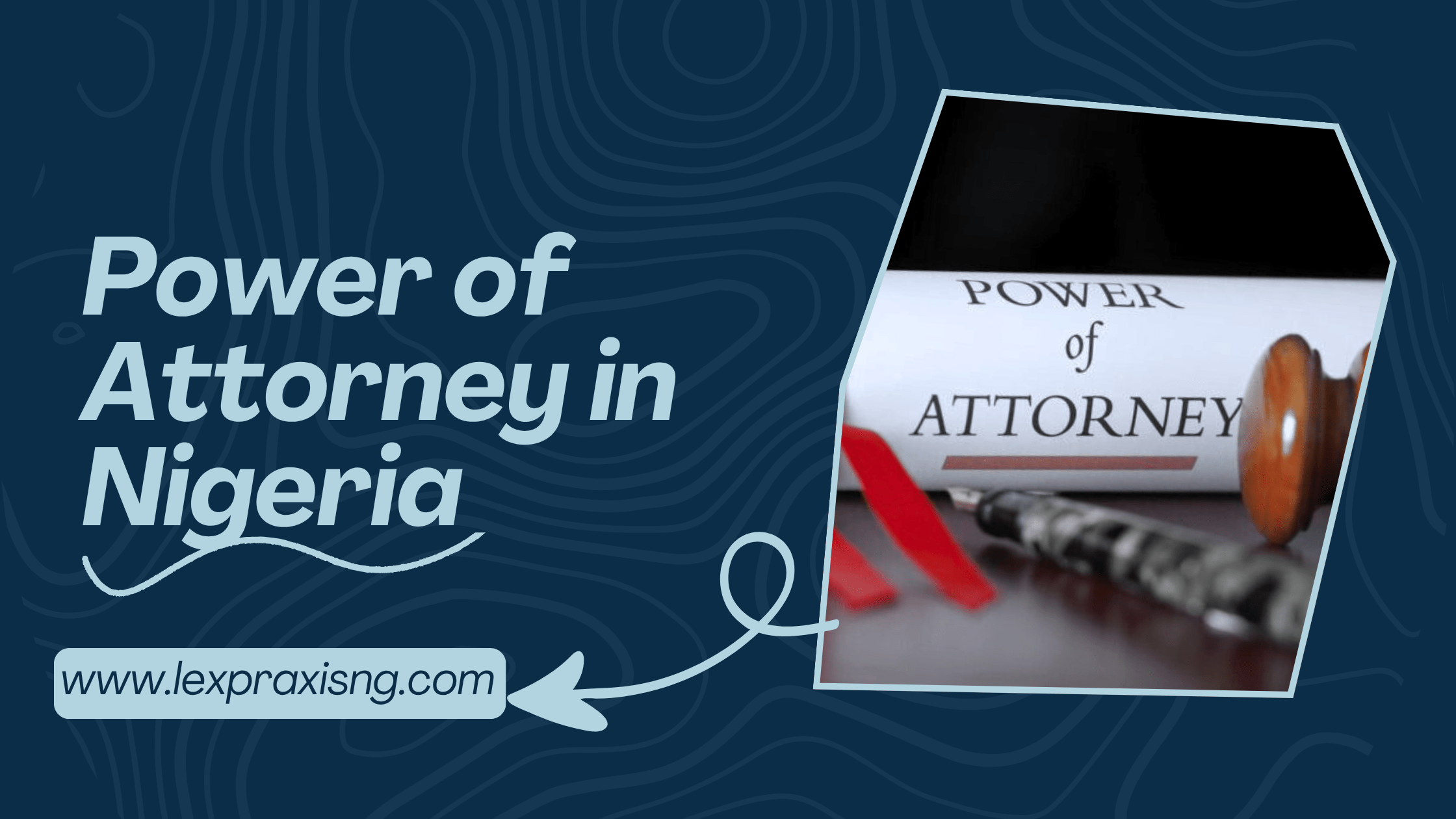Whether you’re safeguarding your future or preparing for eventualities in your absence, understanding the concept of power of attorney is one of the smartest legal moves you can make.
In this article, we’ll break down what it is, why it matters, how it is prepared and used, as well as other vital information regarding it.
WHAT IS A POWER OF ATTORNEY?
A power of attorney is a legal document authorizing a person known as the donee to act in the stead of another known as the donor.[1] It does not transfer ownership of property. Instead, it allows the donee to act on behalf of the donor within the limits of the authority given. It is important to note that giving this authority to the donee does not mean that the donor is giving up possession of the property.
Additionally, it is commonly known as a delegation tool that establishes an agency relationship between the donor and donee, assuring third parties that the donee is acting on the donor’s behalf. The fact that a donee acts on behalf of the donor under a power of attorney does not preclude the donor from carrying out such acts as stated in the document.[3]
WHAT IS THE VALIDITY PERIOD OF A POWER OF ATTORNEY?
The length of time a power of attorney is valid depends on whether it is irrevocable or revocable. Where it is irrevocable, it stays valid until its specific conditions or time frame, usually 12 months, are met. This means that if the donor becomes mentally ill, dies, or goes bankrupt, the power of attorney remains valid until the set time expires or the conditions are fulfilled. On the other hand, a revocable power of attorney can be canceled at any time and for any reason, either directly, indirectly, or by law, as long as the donee has not yet used the powers given to them.
WHEN CAN A POWER OF ATTORNEY BE USED?
As mentioned earlier, a power of attorney is a useful tool, especially in urgent situations. We will now look at the circumstances when you might need to use it.
- When the donor is physically away from his properties, which makes it impossible for him to devote time to manage and collect rents.
- When the donor’s ill-health makes it impossible for them to manage their affairs.
- If the donee’s expertise is needed for tasks related to property or estate management, this includes activities such as collecting rent, serving statutory notices, initiating court actions, providing legal representation, filing court documents, drafting deeds or agreements, evicting tenants from a property, and pursuing legal possession of a property.
- It can be used in a trust arrangement where the beneficiary of the donor is a minor. Here, the donee may be authorized to handle the assets of the donor on behalf of the minor pending when the minor attains the age of maturity.
HOW TO PREPARE A POWER OF ATTORNEY
A power of attorney can be prepared orally or in writing. However, because the later is strictly construed, then it must be in writing. It involves several legal steps and considerations, especially where it is for the sale of land or a deed. We will now consider the steps on how to prepare a power of attorney:
- Define the type of power of attorney you wish to have, which can either be general, specific, revocable, or irrevocable.
- Choose a credible lawyer who must be a person in law (individual or corporation)
- Draft the agreement by employing the services of a legal practitioner.
- Ensure that it fully captures the scope of authority you wish to delegate to your attorney
- It must be signed by the donor in the presence of a witness.
- Where the power of attorney is for the execution of transactions involving land, then it must be registered with the lands registry in the State where the land is situated.
CAN A POWER OF ATTORNEY TRANSFER TITLE TO LAND?
No, a power of attorney cannot, on its own, transfer title to land. It is only an instrument of delegation and not a document that transfers or confers title to the donee [4]. However, it can be a registrable instrument to transfer title to land only to the extent to which any instrument under it may be executed. Hence, where the power of attorney authorizes the donee to execute an instrument of transfer of title to land, then such document must be a deed and registrable alongside the instrument of conveyance.[5]
CONCLUSION
A power of attorney is an instrument of delegation that creates an agency relationship between the donor and the donee. The donee is only required to act in the name of the donor and not his own. This does not prevent the donor from carrying out those acts as stipulated under the agreement. It is advisable to engage the services of a legal practitioner to create a valid document.
For enquiries, you may reach out to us on Whatsapp icon on this page, or here, and we will respond to you.
[1] Ude v Uwara
[2] Ude v Uwara
[3] Ajuwon v Adeoti (1990) 2 NWLR Pt 132 P271
[4] Ude v Nwara
[5] Amadi v Nsirim 2004 17 NWLR Pt 901 p 111
